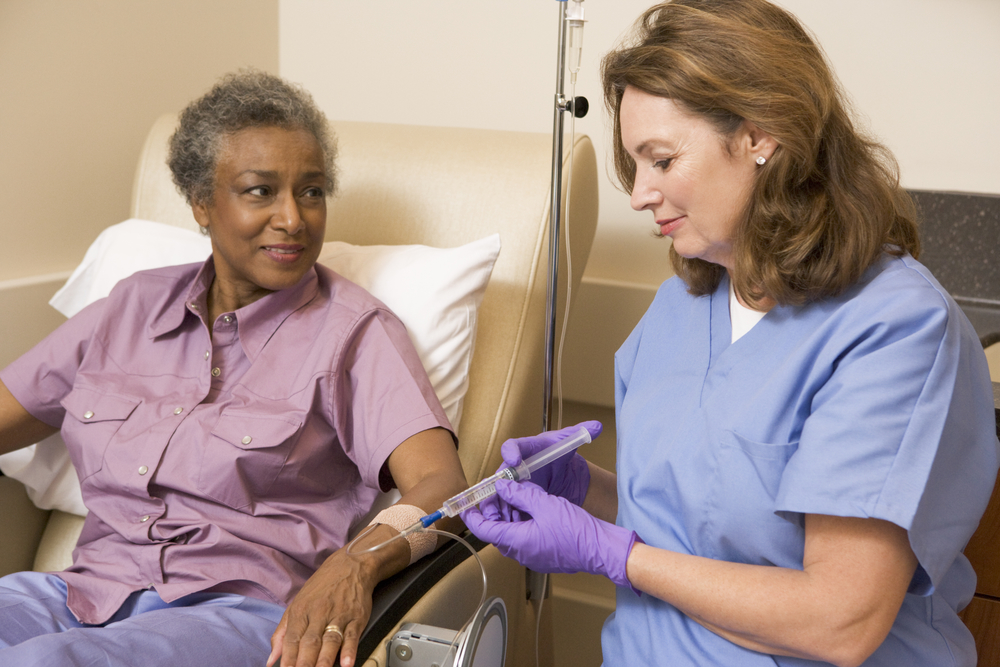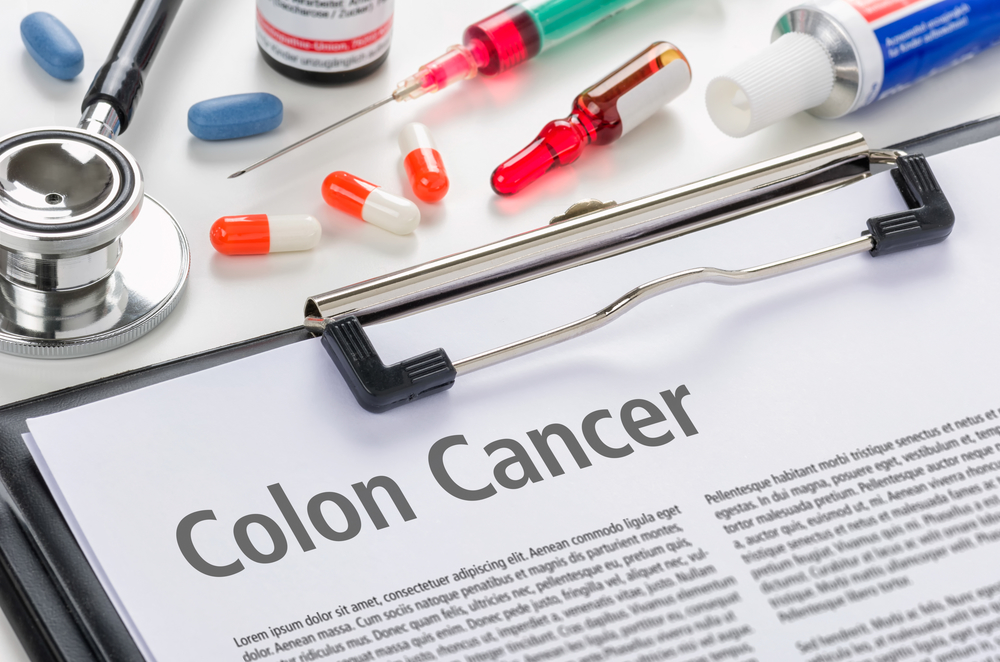Men diagnosed with nonmetastatic prostate cancer have an increased risk of antidepressant prescribing after surgery or radiotherapy
 Previous studies have shown that cancer patients are overwhelmed by psychological distress that derives from physical pain and death threats, but the variation in antidepressant use through survivorship period remains unmapped by scientists.
Previous studies have shown that cancer patients are overwhelmed by psychological distress that derives from physical pain and death threats, but the variation in antidepressant use through survivorship period remains unmapped by scientists.
Men with nonmetastatic prostate cancer have an increased risk of antidepressant receipt after surgery or radiotherapy
A new study has now investigated the variation and trends in antidepressant prescribing for men undergoing treatment for nonmetastatic prostate cancer. It was published in the Journal of European Urology.
The team of researchers, from University of Toronto and Sunnybrook Research Institute, both in Ontario, Canada, made a population-based cohort study to assess the use of antidepressants among patients who had different initial treatments for nonmetastatic prostate cancer.
“Prostate cancer treatment can predispose patients to psychological distress due to adverse effects on urinary and sexual function and physiological disturbances. Evaluating the use of antidepressants is a way to measure the variation in clinically significant psychological stress,” explains study author Rano Matta.
A large number of people aged 66 or over were engaged in the study: 4,952 men undergoing surgery, 4994 men undergoing radiotherapy and 2,136 men undergoing surveillance. Additionally, 57,127 male individuals were enrolled as general population controls.
In the study spanning from 2002 to 2009, researchers found that 7.7% of men who received an antidepressant prescription before the treatment of prostate cancer rose to 10.5% in the year after treatment. Men had an increased probability of antidepressant administration up to 5 years after surgery or radiotherapy. In contrast, men who received surveillance didn’t show an increased risk of antidepressant usage.
The study provides evidence for the necessity of giving psychological supports for prostate cancer survivors.
Ginseng and ginsenosides are good for fighting depression
Depression is one of the most common chronic diseases. Compared to western medicine that is notorious for side effects occurring in treating chronic illness, some natural medicinal herbs are more effective for preventing and treating depression.
Ginseng has proved effective against psychological stress, and the ginsenosides, the main bioactive constituents in ginseng, have shown antidepressant-like effects. Besides, ginseng has also been reputed for treating sexual dysfunction.
Moreover, ginsenosides have been extensively studied in relation to its anticancer benefits. A research team from the Prostate Centre at Vancouver General Hospital in Vancouver, Canada, found that a combination of ginsenoside Rh2 or ginsenoside aPPD and docetaxel yielded a synergistic activity against prostate cancer cells in vitro and in vivo. This study indicated that ginsenosides can be used as adjuvant therapy in the treatment of prostate cancer.
Prostate cancer patients can take some ginseng or ginsenosides supplements to help themselves reduce depression.
Some tips for preventing and treating depression
An antidepression diet shall never be ignored. Prostate cancer patients are advised to take more anti-depression foods like spinach, mushrooms, onions, potatoes, etc. Fruits like bananas and apples, rich in antioxidants and fiber, can be helpful to fight depression. Seeds like walnuts are high in Omega-3 fatty acids that are beneficial for boosting mood.
Some activities doing exercise, chatting with family and friends, picking up entertaining and interesting hobbies are also good choices.


